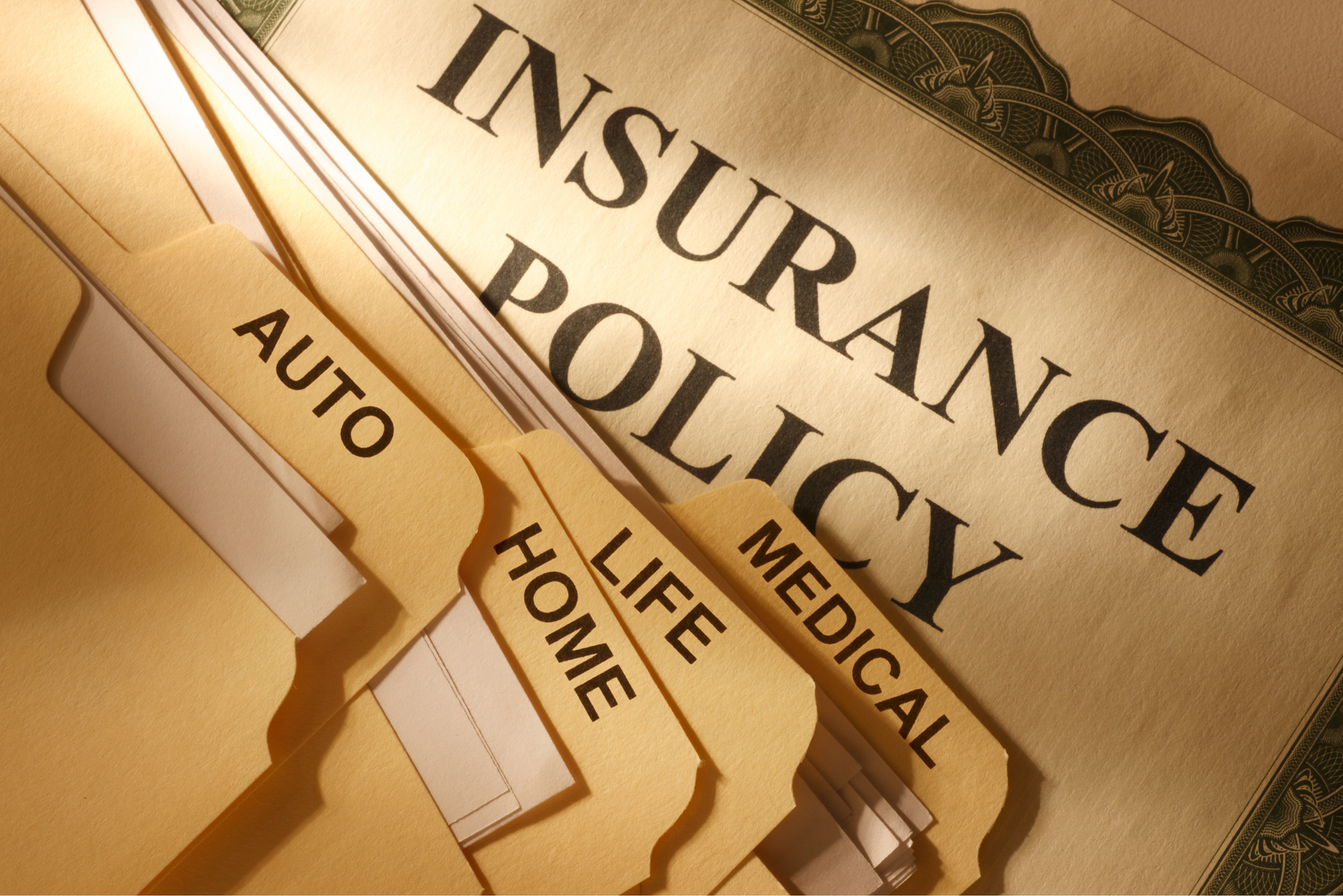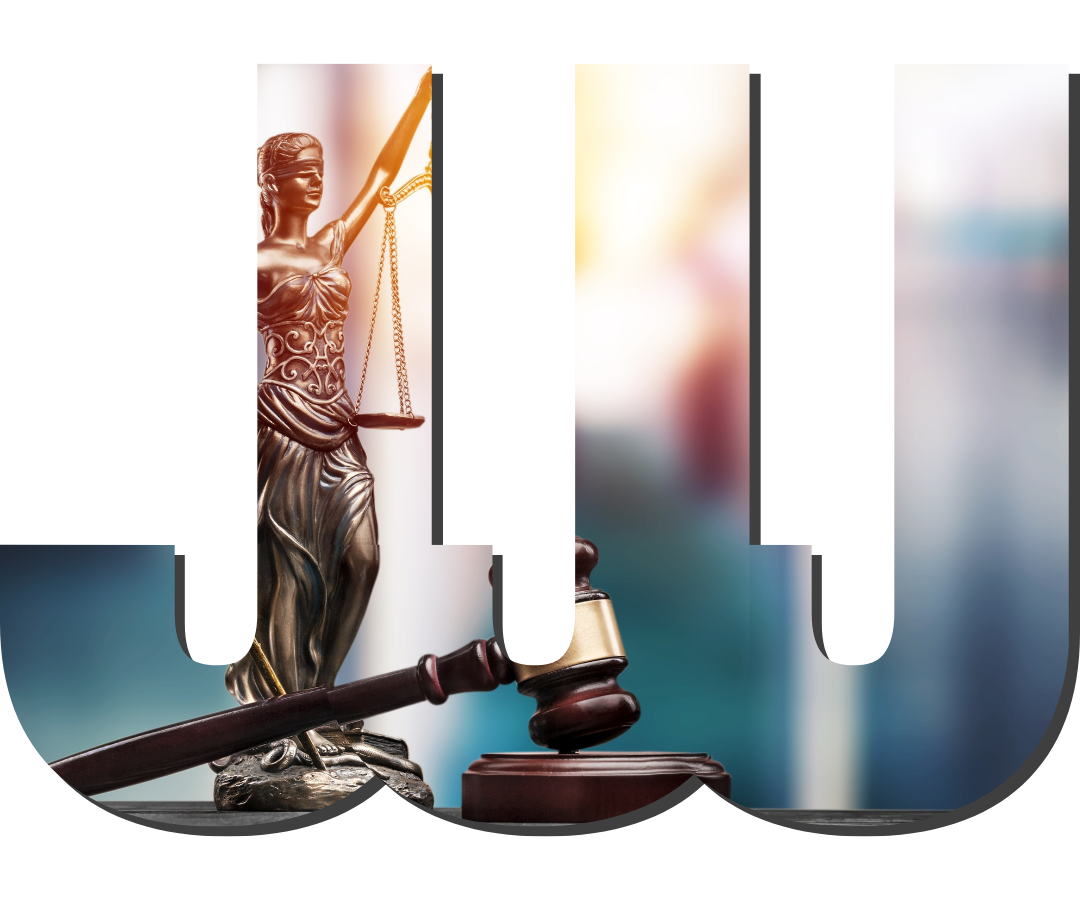Failure to Investigate
Navigating the Aftermath of Storm Damage: When Your Insurance Company Fails to Investigate
Storms can wreak havoc on homes, leaving homeowners in distress and searching for solutions. When you file a claim with your insurance company, you expect them to assess the damage thoroughly and swiftly. Unfortunately, this is not always the case, and insurance companies may fail to investigate, leaving homeowners with unresolved claims and mounting costs.
In this article, we will explore the implications of insurance companies failing to investigate storm damage claims, and why sometimes, legal help becomes a necessity.
The Impact of Inadequate Investigations
Delayed Repairs
When insurance companies do not conduct timely investigations, repairs to storm-damaged homes are delayed. This can lead to further deterioration, making the damage even more severe and expensive to fix. For homeowners, living in a damaged house is not only inconvenient but can also pose safety risks.
Financial Strain
The financial burden of paying for temporary accommodations, ongoing mortgage payments, and out-of-pocket repair costs can be overwhelming. Without a proper investigation, insurance claims can be denied or underpaid, leaving homeowners to bear the brunt of these expenses.
Emotional Toll
The emotional toll of dealing with storm damage and an unresponsive insurance company cannot be understated. The stress and frustration of navigating this situation can affect mental health and overall well-being.
Why Insurance Companies Fail to Investigate
High Volume of Claims
After a major storm, insurance companies often face a surge in claims. They may lack the resources to handle this influx efficiently, leading to delays and inadequate investigations.
Cost-Cutting Measures
Some insurance companies may deliberately delay or ignore claims as a cost-cutting measure. By not investigating promptly, they can reduce their payouts, prioritizing their profit margins over customer satisfaction.
Lack of Accountability
Without stringent regulations and oversight, some insurance companies may not feel compelled to conduct thorough investigations. This lack of accountability can leave homeowners vulnerable to unfair treatment.
Taking Action: When Legal Help Becomes Necessary
Know Your Rights
Homeowners have the right to a fair and timely investigation of their insurance claims. Familiarize yourself with your policy and the legal obligations of your insurance company.
Document Everything
Keep detailed records of all communications with your insurance company, including emails, phone calls, and letters. Document the damage through photographs and videos, and maintain receipts for any out-of-pocket expenses.
Seek Professional Help
Sometimes, the best course of action is to seek legal help. Attorneys specializing in insurance claims can provide valuable assistance in negotiating with insurance companies, ensuring that your claim is fairly assessed and settled. They can also represent you in legal proceedings if necessary.
Join Forces
Consider joining forces with other affected homeowners to strengthen your case. Class-action lawsuits can put additional pressure on insurance companies to fulfill their obligations.
Conclusion
Dealing with storm damage is challenging enough without the added burden of an unresponsive insurance company. When insurance companies fail to investigate claims adequately, homeowners can face delays, financial strain, and emotional distress. Understanding your rights, documenting everything, and seeking legal help when necessary can help ensure that your claim is handled fairly.
If you find yourself struggling with an uncooperative insurance company, don't hesitate to seek the legal support you need. Advocating for your rights and holding insurance companies accountable is essential to navigating the aftermath of storm damage and protecting your home and financial stability.
Challenges in the Insurance Industry
Rise in Bad Faith Claims
There's been a rise in bad faith claims against insurers, indicating that policyholders are more aware of their rights and ready to challenge decisions they see as unfair or violating their policy terms.
Declining Consumer Trust in Insurance
Surveys show that consumer trust in the insurance industry drops due to unfair claim handling and bad faith practices. For example, a survey revealed that over 40% of people have moderate to low trust in insurers, mainly due to claim denials and disputes affecting their views.
Navigating Complex Bad Faith Insurance Claims Across States
Different states have varying legal approaches to bad faith insurance claims, each with specific statutes that define standards and remedies, highlighting the complexity of handling these claims and the importance for insurers to understand and adhere to the legal requirements in their operational areas.
In 2019, there were 1,520 tornadoes in the United States, resulting in 51 tornado-related deaths.
The 2011 Super Outbreak was the most devastating and costliest storm involving tornadoes, with 362 tornadoes killing 321 people and causing approximately $11 billion in damages.
Winter storms in 2019 resulted in 73 deaths and $2.1 billion worth of insured damage.
Hail causes between $8 and $14 billion in insured damages every year, impacting over 10 million properties.
In 2019, there were 1,520 tornadoes in the United States, resulting in 51 tornado-related deaths.
The 2011 Super Outbreak was the most devastating and costliest storm involving tornadoes, with 362 tornadoes killing 321 people and causing approximately $11 billion in damages.
Winter storms in 2019 resulted in 73 deaths and $2.1 billion worth of insured damage.
Hail causes between $8 and $14 billion in insured damages every year, impacting over 10 million properties.
Insurance wronged you? Trust A Firm With Over 10 Years Of Experience In Fighting For Others
Understanding Bad Faith Insurance Claims
Bad faith insurance claims arise when an insurance company fails to uphold its duty of good faith and fair dealing towards its policyholders. This can manifest in several ways, including unreasonably delaying the processing of claims, denying valid claims without proper investigation, or underpaying what is rightfully owed to you. Such actions not only betray the trust you place in your insurer but also add unnecessary stress and financial strain during already challenging times.
At Jason J. Joy & Associates, our specialization includes but is not limited to handling:
- Property Damage and Homeowners Insurance Claims
- Business Interruption Claims
- Life and Health Insurance Claims
- Fire, Wind, Water, Flood, Hail, and Hurricane Damage Claims
- Car Accident Damage Claims
Common Questions
Here are some common questions about our Insurance Bad Faith services.
What Constitutes Bad Faith in an Insurance Claim?
Bad faith in the context of insurance claims refers to an insurer's unreasonable or unfair handling of a claim. This can include unjustified denial of coverage, failure to communicate pertinent information to the claimant, delaying claim processing without reason, or not paying a claim without a valid basis.
The specific legal definition of bad faith can vary by jurisdiction, but it generally involves a breach of the insurer's duty to act in good faith and fair dealing with its policyholders.
What Are the Potential Damages in a Bad Faith Insurance Claim?
Damages in a bad faith insurance claim can go beyond the amount originally claimed and may include compensatory damages for losses suffered due to the insurer's bad faith actions (such as additional living expenses, legal fees, and emotional distress).
In some cases, punitive damages may also be awarded to punish the insurer for particularly egregious conduct and deter similar conduct in the future. The availability and extent of damages depend on state laws and the specifics of the case.
What is bad faith and how does it affect my claim?
If you have experienced delays, inadequate payments, or outright denials of your insurance claim without valid justification, inspection, or prior notice, you may have legitimate grounds to pursue a bad faith claim against your insurance provider.
In accordance with state laws, you may be entitled to seek damages up to three times the amount of losses incurred. To explore your options and safeguard your rights, we invite you to schedule a complimentary consultation with our office.
What Criteria Validate Pursuing an Insurance Bad Faith Claim?
To pursue legal action for an insurance bad faith claim, specific criteria must generally be satisfied. Initially, there should be evidence indicating that the insurance company neglected its obligations under the policy unreasonably, lacking a valid rationale for its behavior, like unjustly denying coverage or causing unnecessary delays in claim processing.
Additionally, the insurer must demonstrate intentional unfairness or blatant disregard for fairness, not just errors. The claimant must show harm or losses due to bad faith conduct, meeting the requirements to pursue legal action against the insurer for bad faith practices.
Common
Questions
Common
Questions
We will get back to you as soon as possible.
Please try again later.
Get Started With a Free Consultation
Contact Us
OR
Get Started With a Free Consultation
Contact Us
We will get back to you as soon as possible.
Please try again later.
OR CALL


